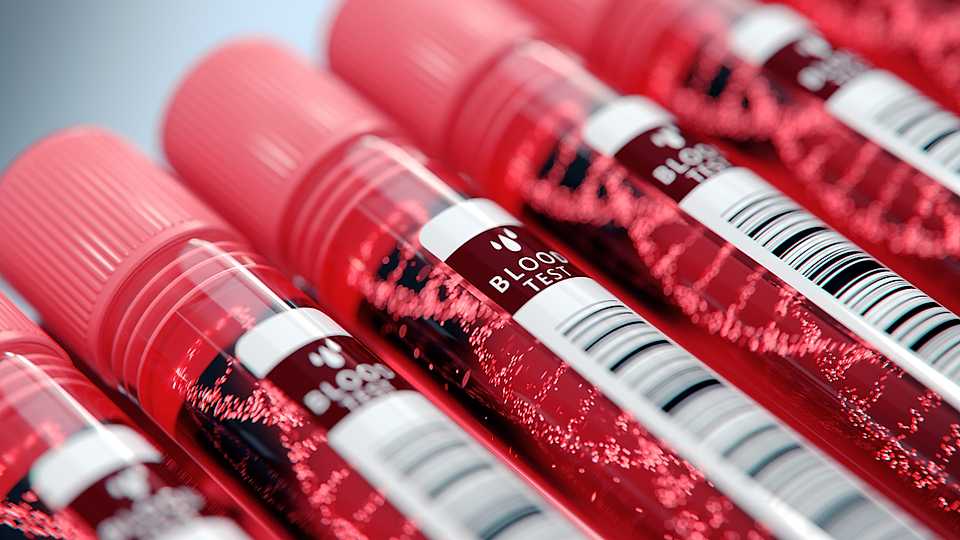A "universal" blood test for earlier cancer detection is closer to reality as British researchers have licensed the technology with a private company.
University of Bradford scientists believe their test is the first screening tool to "rule in, or rule out" cancer in patients suspected of the disease and can be used with traditional diagnostics methods. Their findings were published Friday in FASEB BioAdvances.
"This test is different from other universal cancer tests being developed, because it is not looking for a specific biomarker or mutation," lead Bradford researcher Dr. Diana Anderson said in a press release. "This is a generic test for cancer in an individual, regardless of the underlying mechanism that's causing their cancer."
The researchers have partnered with IMSTAR, a privately owned company based in Paris that was spun off from the Atomic Energy Commission' Life Sciences Division. The company has called the system TumorScan.
"We feel that we've taken it as far as we can in proving that the test works with high predictability for cancer outcome, and IMSTAR are the right partners to improve it still further," co-first author Dr. Mojgan Najafzadeh said.
The test measures damage to the DNA of white blood cells during different intensities of ultraviolet light. They show differences in the cells' susceptibility to further damage in cancer patients.
When damaged, the test formed a "comet tail" of DNA pieces pulled toward the positive end of an electric field. Cancer is present with a longer comet tail and more DNA damage.
In 2014, Bradford researchers showed they could identify which samples were from patients with three different types of cancer with 93 percent success. That included those who had yet to be diagnosed.
But in two recent clinical trials of more than 700 blood samples from 598 colorectal and prostate cancer patients, as well as 102 healthy people, they were unable to distinguish those with cancer from healthy patients in 60 cases. Also, further breast and lung cancer samples couldn't be distinguished.
IMSTAR was asked to reanalyze the inconclusive slides. Rather than Bradford's scoring of 100 cells per slide, the Pathfinder system can analyze up to 10,000 cells per slide by using artificial intelligence.
In scoring a minimum of 2,000 cells per slide, the IMSTAR Pathfinder separated all individuals of the cancer group from the healthy control group.
"I'm now convinced that if we used the powerful IMSTAR system to look at thousands of cells on all the slide samples in the trials, we would see a significant increase in the overall predictability beyond the original 93 percent of the original 2014 study," Anderson said.
The company will be working to automate the full test workflow further in an effort to take it to market.
"To bring a universal 'liquid biopsy' blood test for cancer to market, it must achieve a number of criteria, including high sensitivity and specificity and be fully automated with high throughput for a medical routine use," said Dr. Francoise Soussaline, IMSTAR president. "In addition, test results must be available in 24 hours and at affordable cost."
"We believe that the combination of Bradford's innovation and IMSTAR's unique expertise has shown that TumorScan can achieve these requisites," he added.
By Allen Cone
Fuente: www.upi.com
